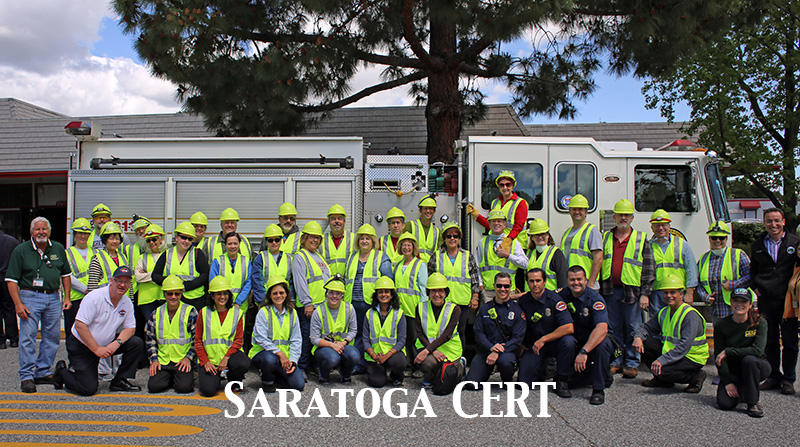| [From Federal Emergency Management Agency (FEMA) Daily Digest Bulletin – 9 September 2021] Community- and faith-based organizations can help diversify FEMA’s Community Emergency Response Team (CERT) program. The CERT program educates volunteers about disaster preparedness for the hazards that may impact their area. It also trains them in basic disaster response skills, such as fire safety, light search and rescue, team organization, and disaster medical operations. CERTs are pivotal in building personal and community resilience, so it is essential that all groups feel at ease accessing resources. That’s why a fact sheet about CERTs and Basic Training is available in six languages. In addition to English, these materials are now available in Korean, Spanish, Simplified Chinese, Traditional Chinese, and Vietnamese. All are free of charge. The fact sheet highlights the benefits CERTs bring to the community. Basic Training materials, which include extensive instructor and participant manuals, are also available in multiple languages. Numerous studies have shown that disasters disproportionately impact historically underserved communities, which often include populations where English is not the primary language. In fact, the latest U.S. Census Bureau American Home Survey shows that 25 million individuals are considered limited English proficient in the U.S. CERT Volunteers who speak languages other than English can be a valuable resource for both first responders and community members. Organizations can share these new CERT materials with those they work with and serve. Order your free Community Emergency Response Team (CERT) materials in multiple languages now! You can get your copies online or through the FEMA publications warehouse online ordering platform. |
  |
| Disclaimer: The reader recognizes that the federal government provides links and informational data on various disaster preparedness resources and events and does not endorse any non-federal events, entities, organizations, services, or products. Please let us know about other events and services for individual and community preparedness that could be included in future newsletters by contacting FEMA-prepare@fema.dhs.gov. |
